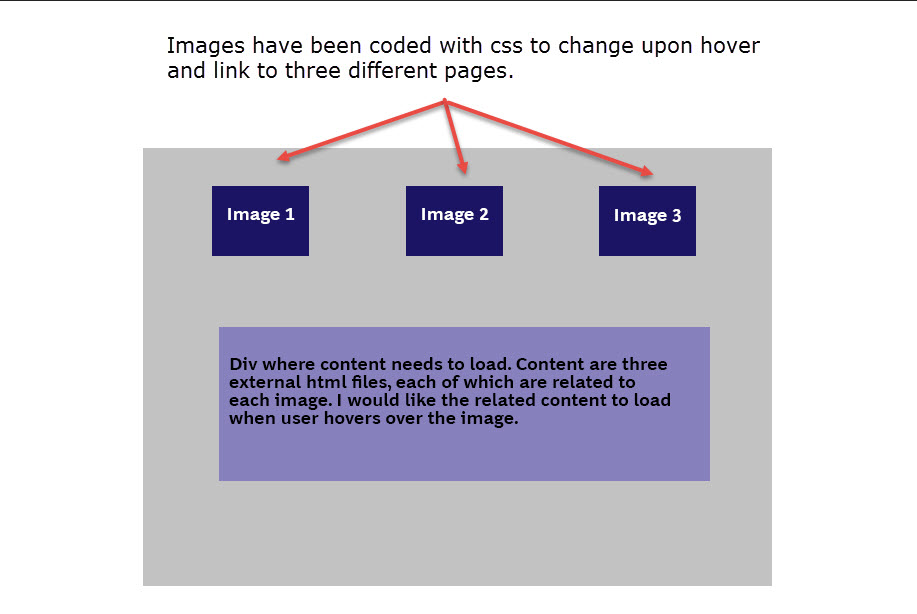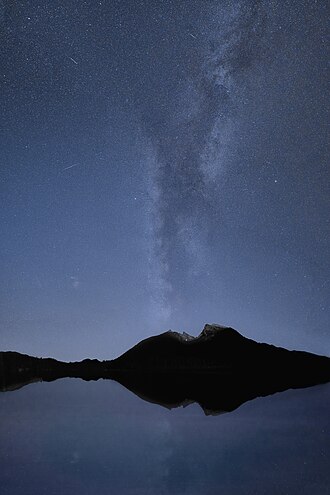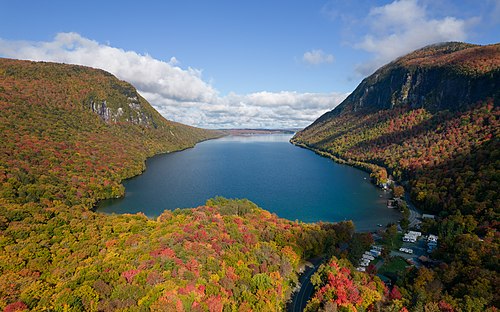
| Picture of the day |
|---|

|
|
Lake Baikal in winter. Ice ridges near Olkhon island in Pribaikalsky National Park.
|

| Picture of the day |
|---|

|
|
Lake Baikal in winter. Ice ridges near Olkhon island in Pribaikalsky National Park.
|

| Picture of the day |
|---|

|
|
Great Cormorant (Phalacrocorax carbo), Little Egret (Egretta garzetta) and Gadwall (Mareca strepera) in misty Taudaha Lake during winter, near Kathmandu, Nepal.
|

| Picture of the day |
|---|

|
|
Milky way seen over the Hochkalter Massif and Lake Hintersee in the German region of Berchtesgadener Land.
|


| Picture of the day |
|---|

|
|
Drone view of Lake Willoughby, Vermont, with Mount Hor on the left and Mount Pisgah on the right
|




This stunning Earth image taken from the International Space Station looks at a large lake in eastern Kazakhstan with golden sunglint: Lake Balkhash. It is one of the largest lakes in Asia and is the 15th largest lake in the world.
Read More
| Picture of the day |
|---|

|
|
View across Lake Siskiyou in Northern California to Mount Shasta. At 4317 m, the stratovolcano is the second highest peak in the Cascade Range.
|


| Picture of the day |
|---|

|
|
Vertical panorama of the Milky Way during Perseids photographed from Oeschinen Lake with water reflections
|

| Picture of the day |
|---|

|
|
Winter Angelus Hut with Angelus Lake behind it. In the clouds, no name peak (1860m) can be seen. Picture taken during the sunset. Nelson Lakes National Park, New Zealand
|
